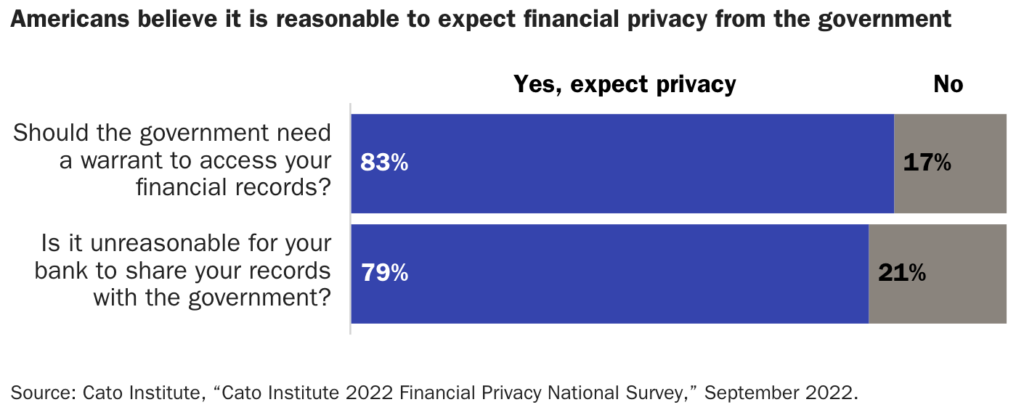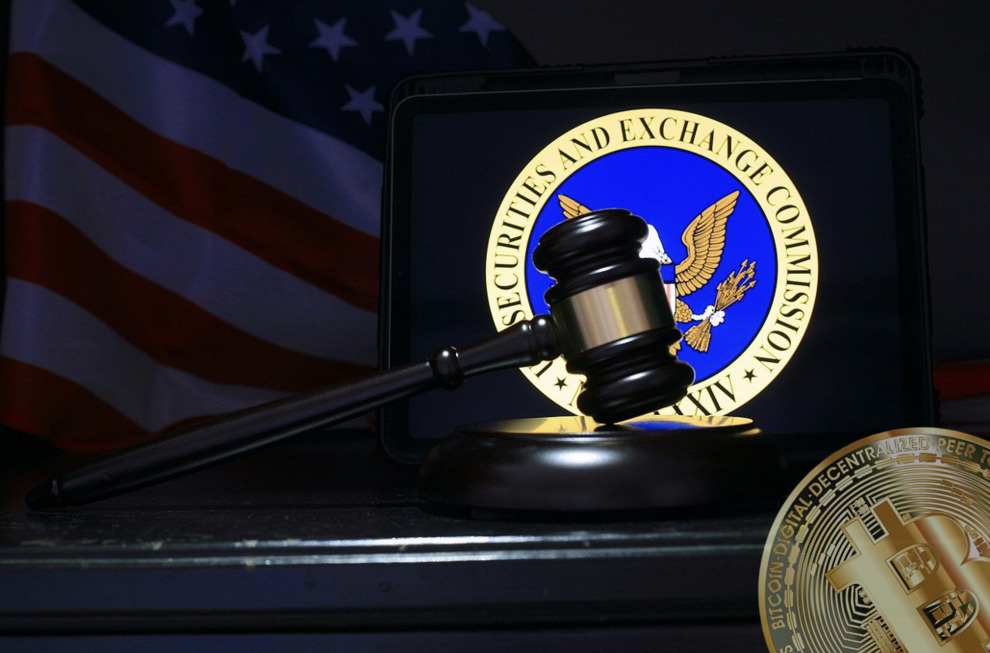The Internal Revenue Service (IRS) has unveiled a proposal that would compel cryptocurrency service providers to divulge extensive user data, including names and Social Security numbers. This development comes after a tense two-year period during which the crypto community anxiously awaited the IRS’s interpretation of the Infrastructure Investment and Jobs Act. While the near-300-page proposal is less draconian than some had feared, it has nonetheless drawn widespread concern.
The Infrastructure Investment and Jobs Act, originally designed to address the development of infrastructural elements like roads and bridges, was never meant to focus on cryptocurrency. However, the urgency for additional funding led lawmakers to tack on provisions aimed at enhancing financial oversight of cryptocurrency users. The rationale was that such measures would boost tax revenue, implicitly accusing crypto users of tax evasion. Initial estimates claimed that the crypto-related provisions would rake in approximately $28 billion over a decade, but this number has since been dramatically downsized by the Biden administration to just $2 billion over the same period.
This shift in figures has further raised questions about the merits of the provisions. Moreover, the proposal’s impact on financial surveillance remains contentious. While the document does exempt miners and some software developers, it lays out ambiguous criteria for determining which entities must report customer information. Essentially, businesses might be compelled to collect personal data based on their capacity to do so, rather than a clear necessity.
In a country that champions the Fourth Amendment, the notion that companies could be obliged to report customer information to the government is troubling to many. The proposal only accentuates the government’s escalating efforts to expand financial surveillance, building upon existing structures like the Bank Secrecy Act and the Patriot Act. With an impending deadline of October 30 for public comments on the proposal, critics argue that now is the time to rethink this ever-expanding surveillance apparatus.
Recent surveys indicate strong public opposition to such sweeping financial surveillance. Data from the Cato Institute reveals that 79% of Americans find it unreasonable for banks to share financial information with the government without a warrant. Likewise, 83% believe that a warrant should be a prerequisite for the government to access such data.

Ultimately, while the IRS proposal has reignited discussions about privacy and financial oversight, it also underscores the real power dynamics at play. The IRS is merely executing mandates passed down by Congress. Therefore, any genuine, long-lasting reform to this increasingly invasive financial surveillance system must originate from within the legislative halls of Congress itself.
As the October 30 deadline for public commentary looms, the focus should not only be on what the proposal explicitly states but also on what it omits. The responsibility for the larger structural issues—and the potential to rectify them—lies squarely with Congress. This makes it imperative for public discourse to consider both the immediate impacts of the proposal and the overarching ethos that governs financial privacy in the United States.







